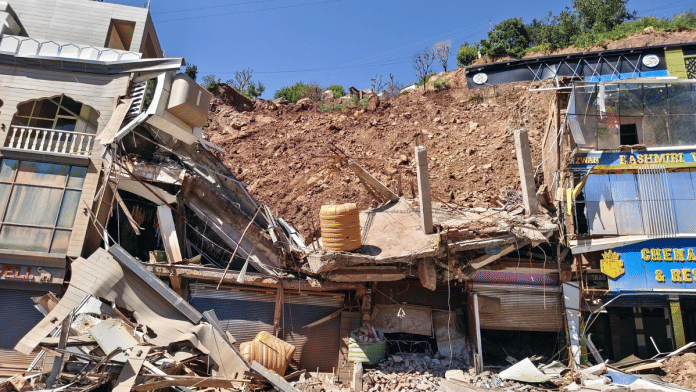New Delhi: India has stressed called for multilateralism, stressing on equity, common but differentiated responsibilities and respective capabilities (CBDR-RC), and the full and effective implementation of the Convention, its Kyoto Protocol and the Paris Agreement at the ongoing Conference of Parties (COP30) in Brazil.
While presenting its statement at the opening plenary of the UNFCCC COP30 on behalf of BASIC (Brazil, South Africa, India and China) and the Like-Minded Developing Countries (LMDC), India expressed “full and unwavering support for multilateralism and international cooperation on climate change, particularly in the current geopolitical context.”
“Marking ten years of the Paris Agreement, India highlighted that climate finance continues to be the key barrier to raised ambition,” the Ministry of Environment, Forests and Climate Change (MoEFCC) said in a statement on Tuesday.
The 30th edition of COP began on 10 November at Brazil’s Belam, with the Indian delegation being led by Environment Minister Bhupender Yadav. The negotiations are likely to continue till 21 November.
In Tuesday’s statement, India called for a “clear and universally agreed” definition of climate finance, strengthened and scaled-up public finance flows for adaptation, and the implementation of Article 9.1 of the Paris Agreement, reaffirming the legal obligation of developed countries to provide finance to developing countries.
Article 9.1 of the Paris Agreement mentions that developed countries provide financial resources to assist developing countries with climate mitigation and adaptation efforts. This principle is based on ‘historical responsibility’ and aims to ensure climate justice by placing the primary financing responsibility on developed nations.
“India emphasised that adaptation is an urgent priority for billions of vulnerable people in developing countries who have contributed the least to global warming but stand to suffer the most from its impacts,” the MoEFCC statement read.
Representing BASIC and LMDC blocs, India reiterated the historical and ongoing responsibility of developed nations.
The statement said that developed countries must not only reach net-zero earlier to preserve equitable carbon space, but also invest more in negative emissions technologies and most importantly fulfil their obligations on finance, technology transfer and capacity-building to developing countries.
Both statements said that India remains committed to a constructive and collaborative engagement to ensure a successful and balanced outcome at the climate conference, in the overall interest of humanity and protection, preservation and conservation of the planet.
(Edited by Tony Rai)
Also Read: Teesta now flows to kill. How the river forgot to forgive






